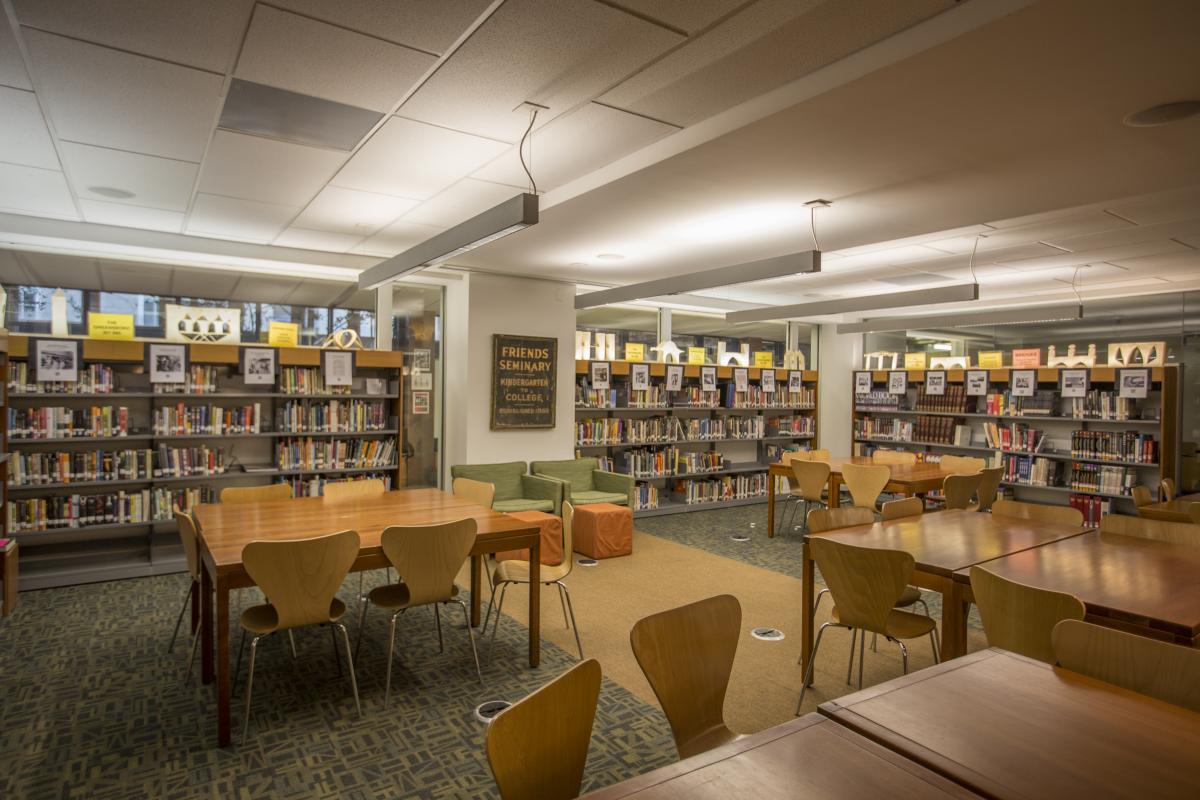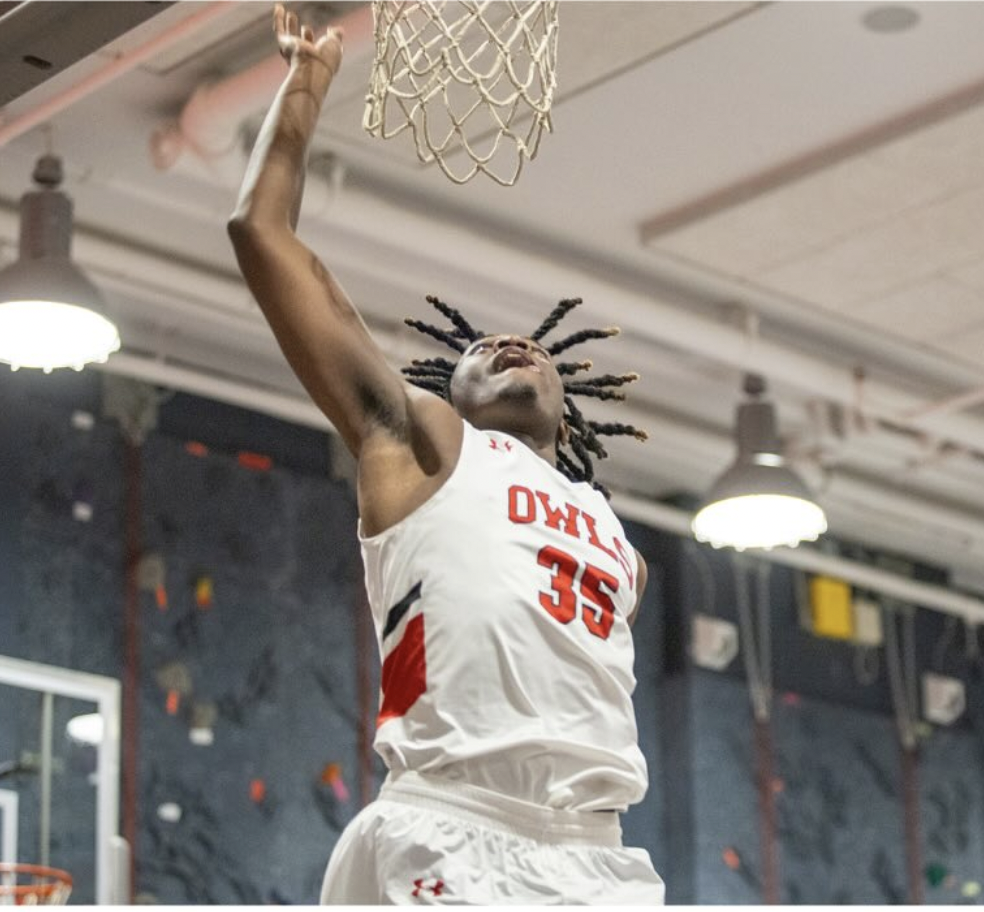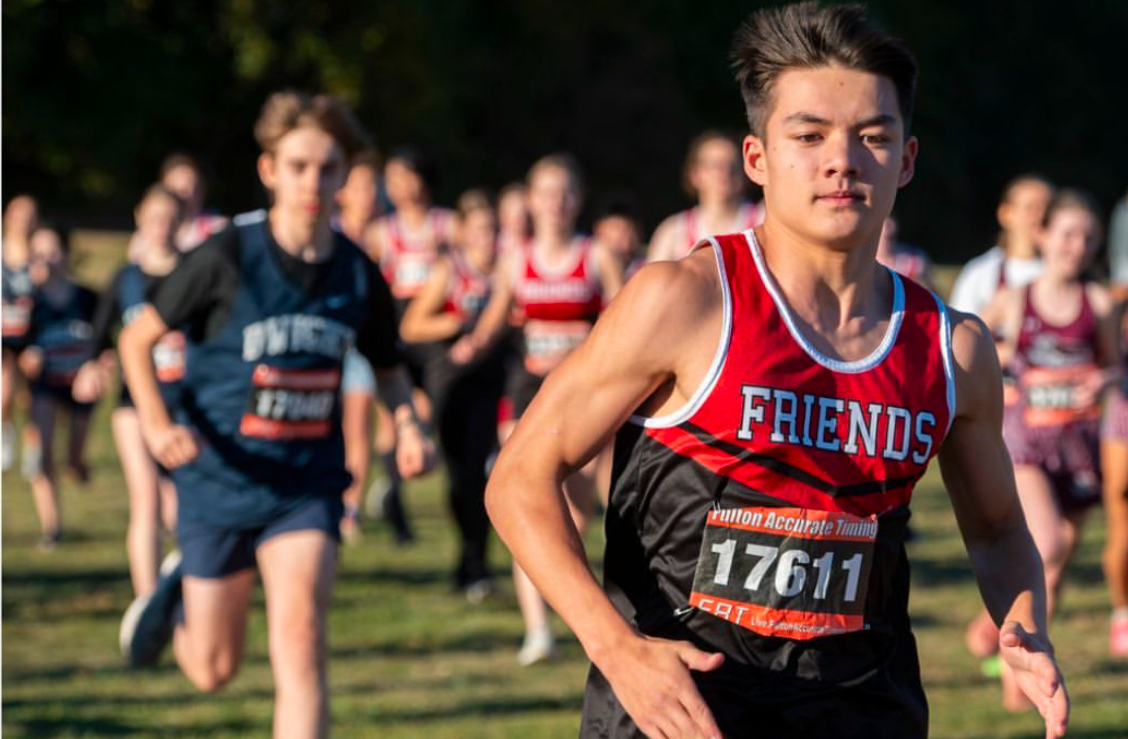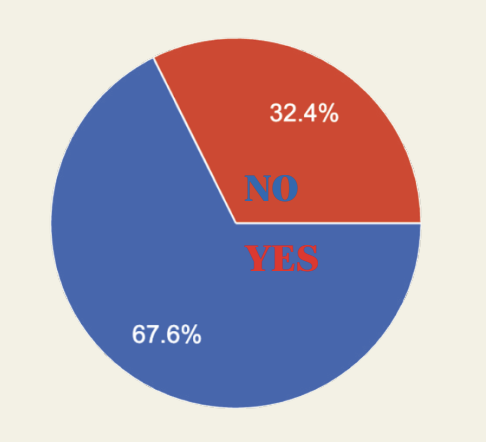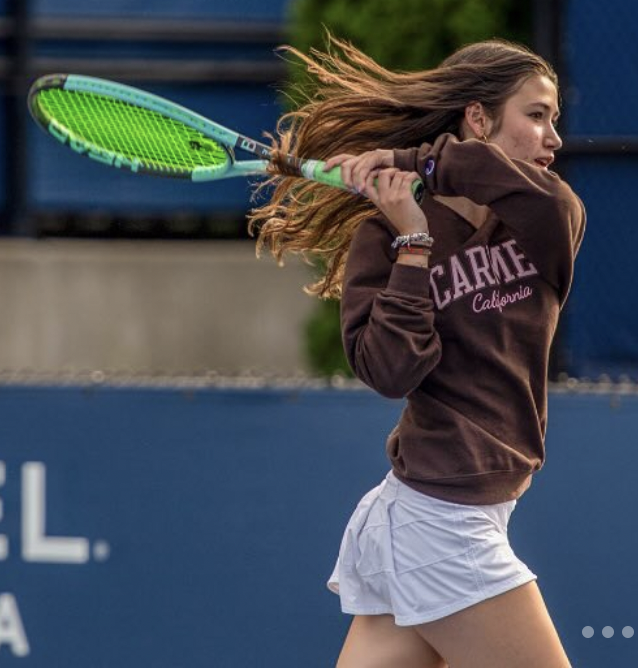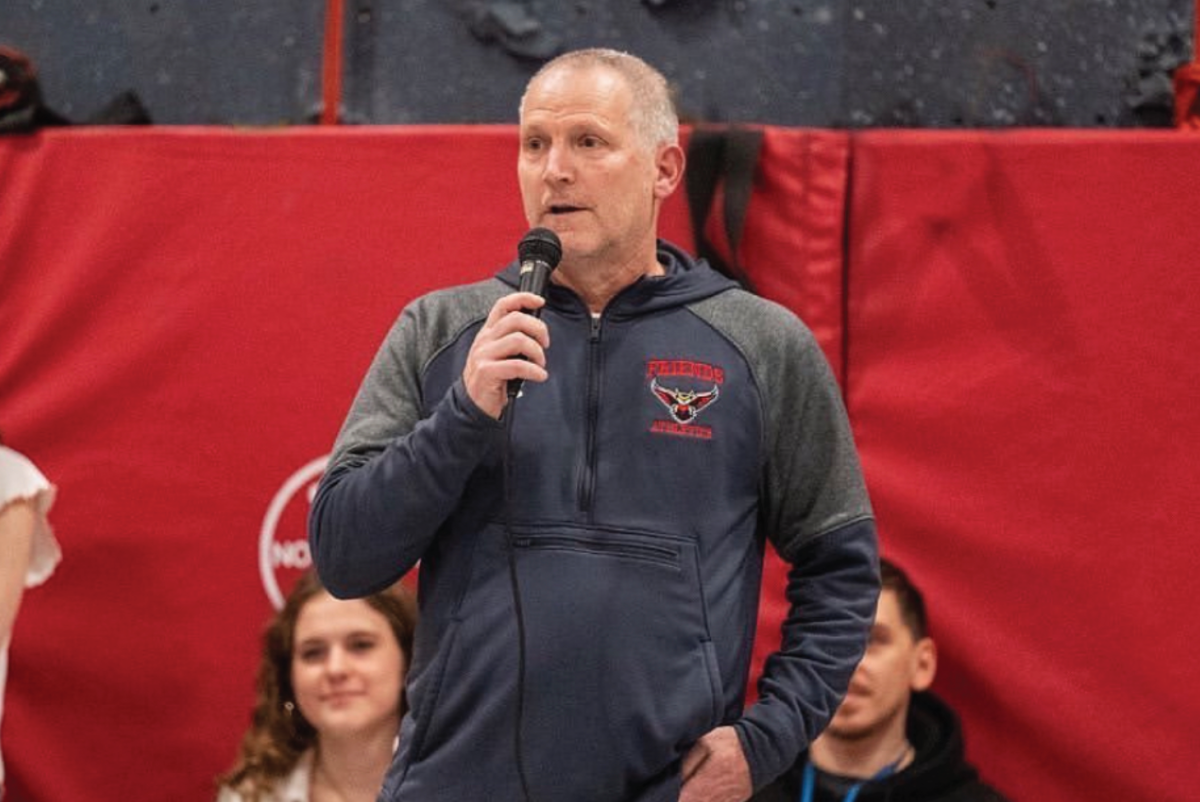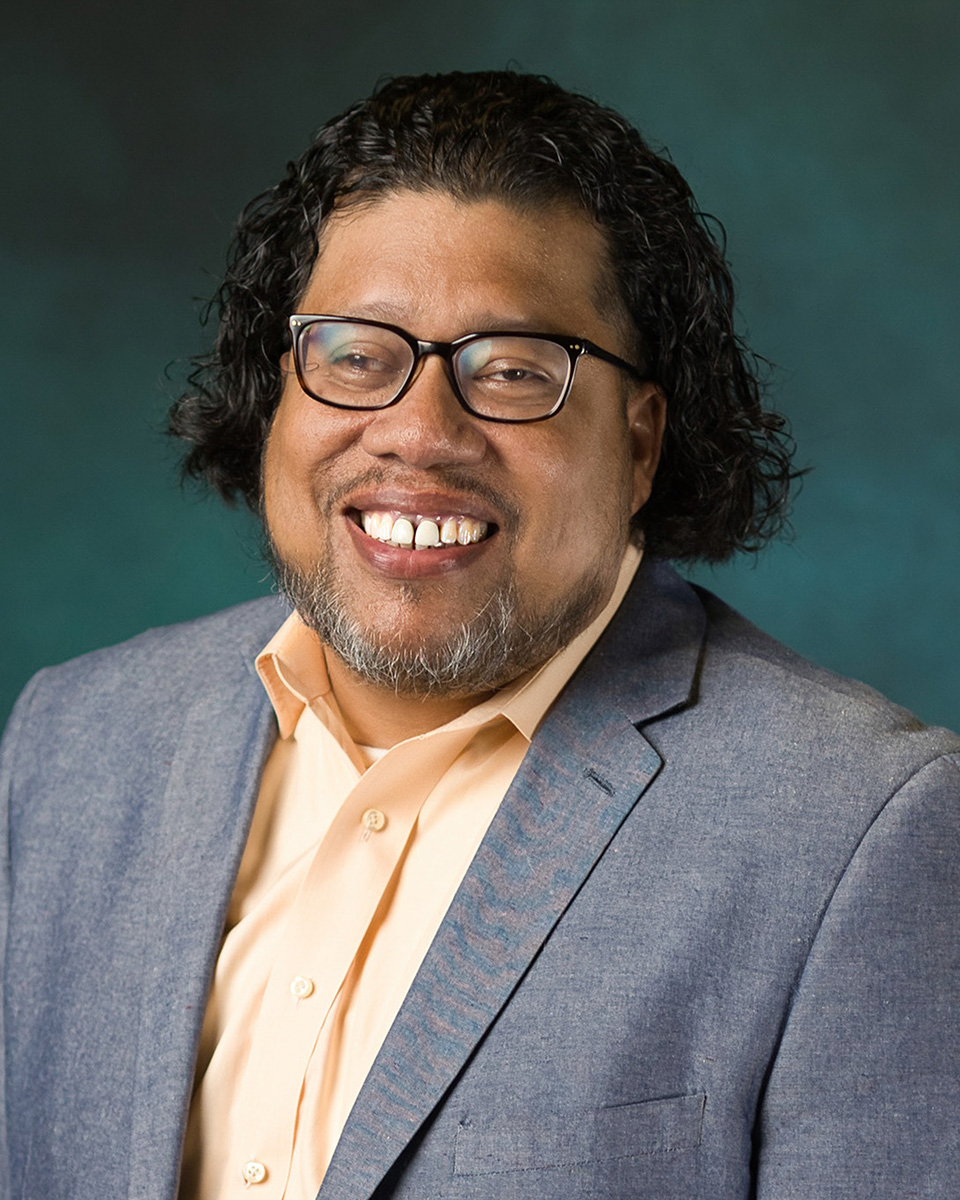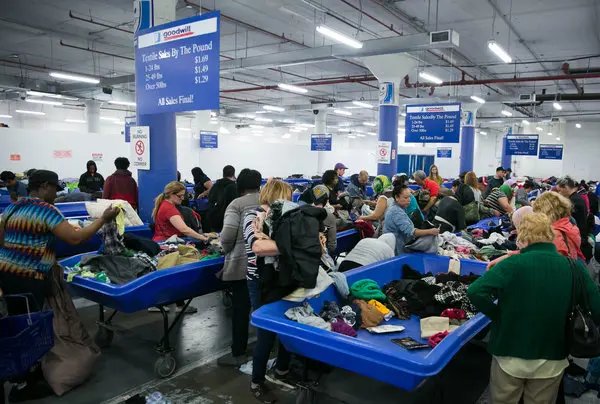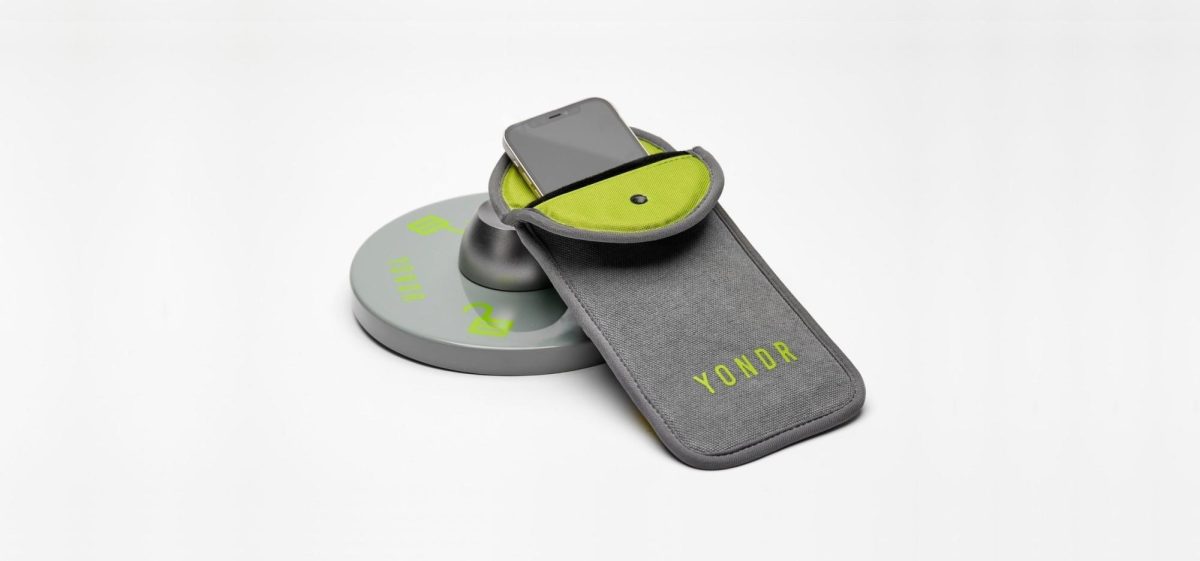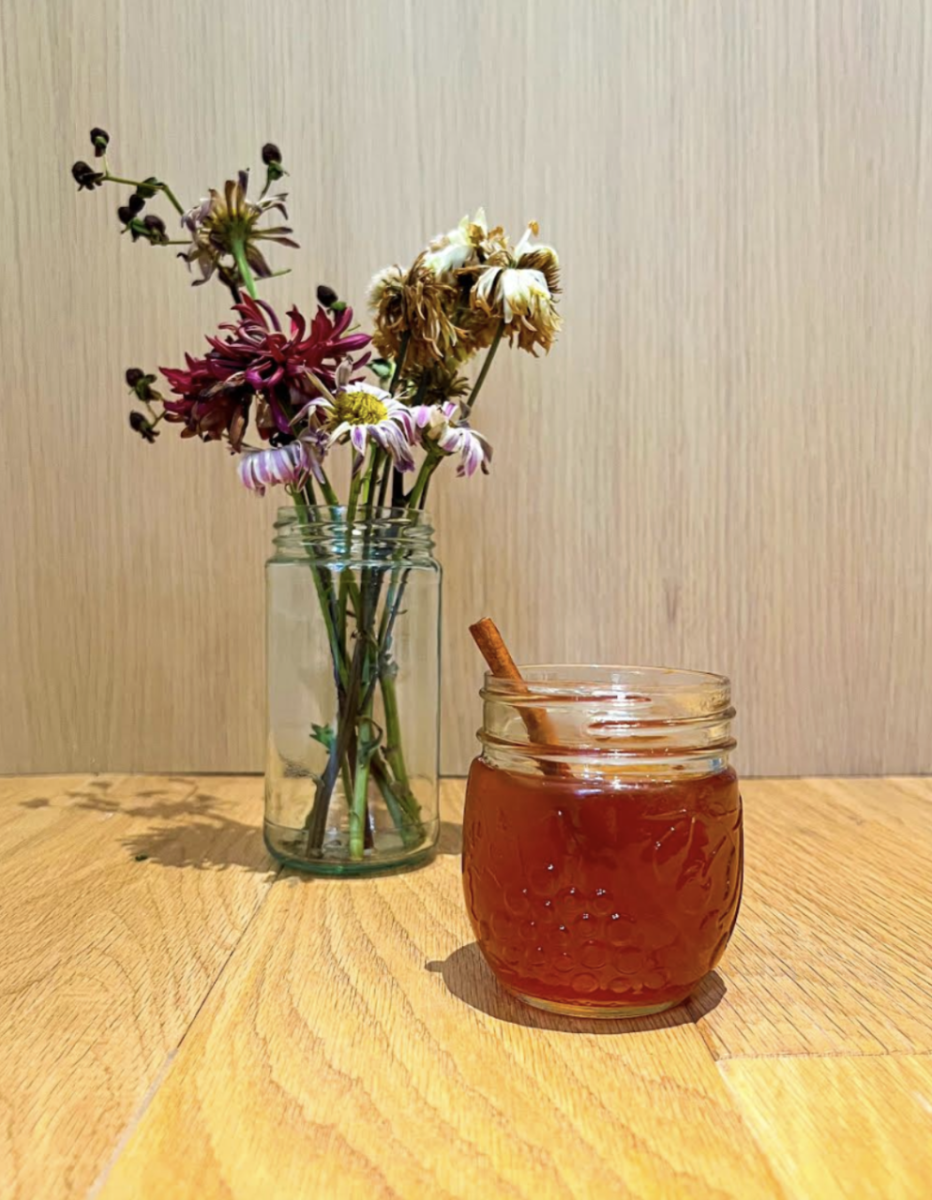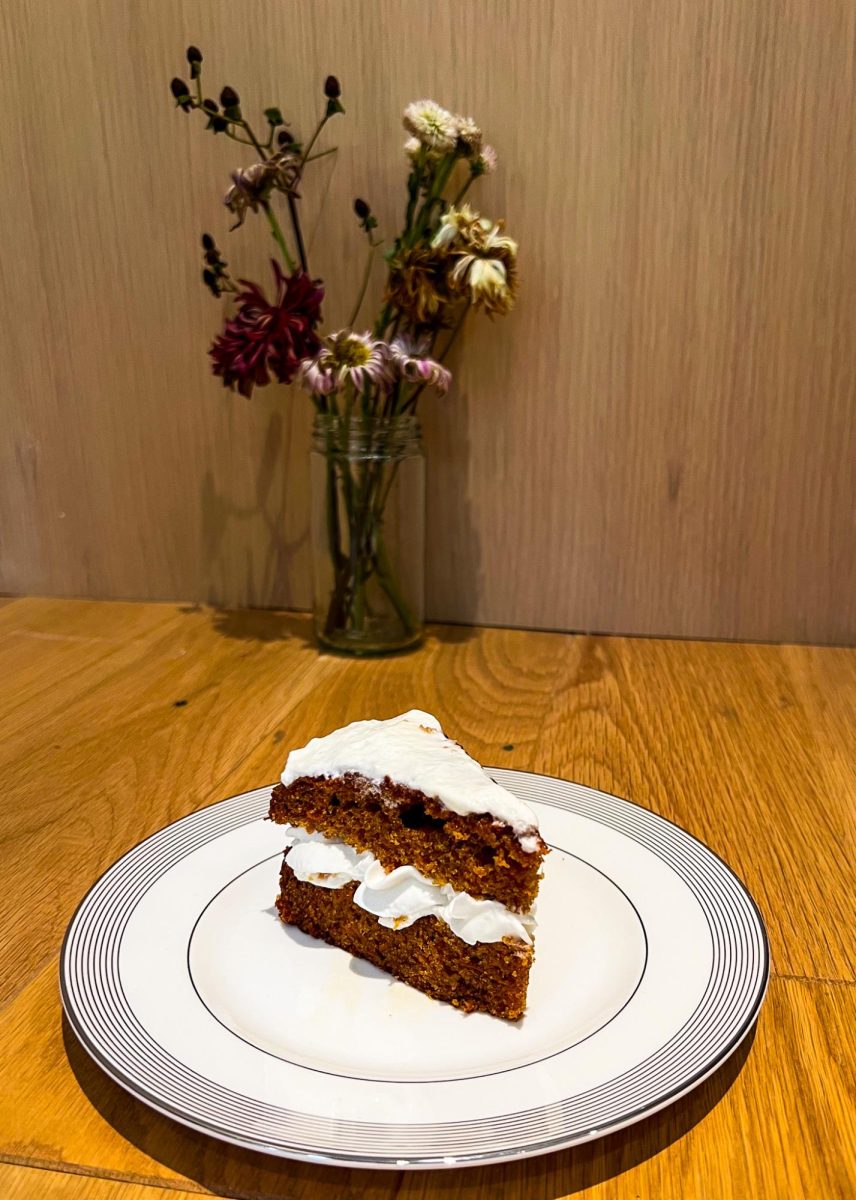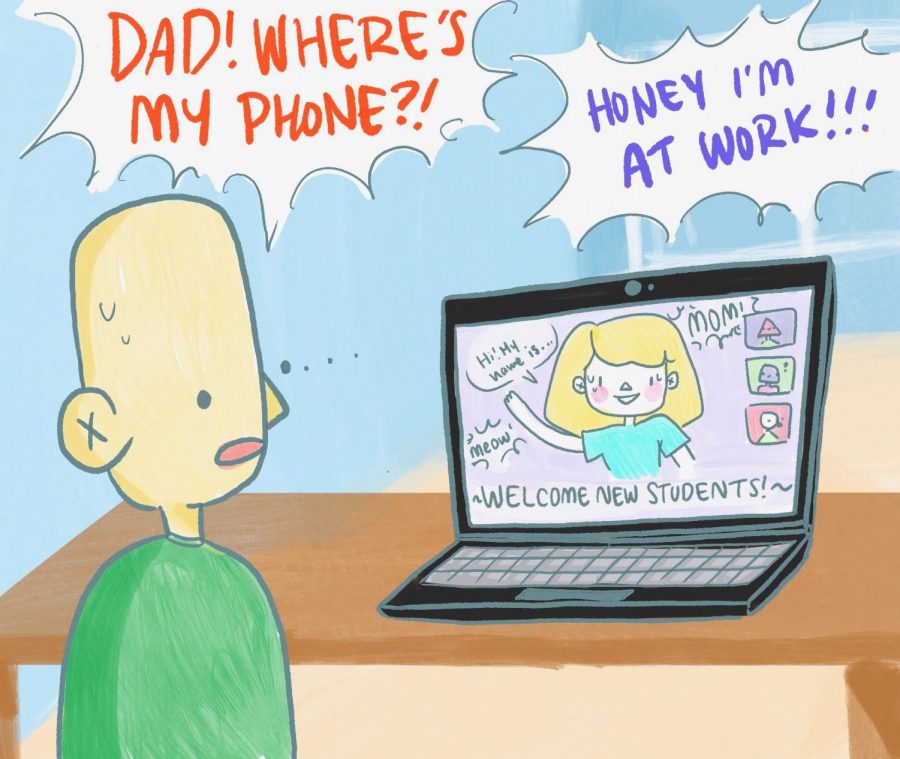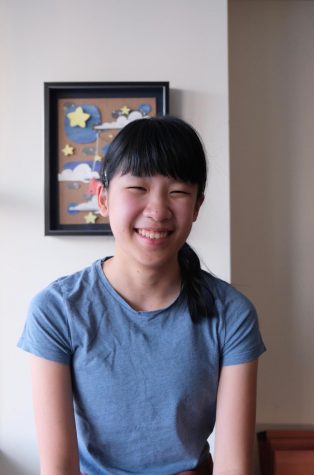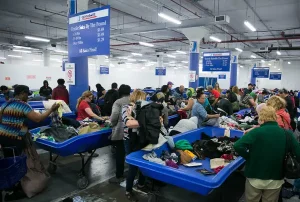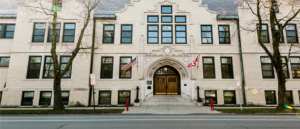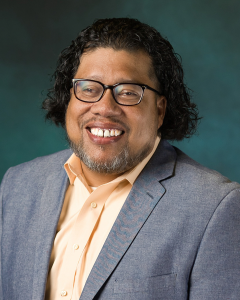New community members adapt through pandemic
New Owls have entered the school as the pandemic has drastically reshaped daily life, complicating their journey into the Friends community.
February 25, 2021
As Friends Seminary returned from summer break to a largely virtual environment, a new wave of students and teachers joined the community. After their first semester, the newest brood of Owls shared their experiences entering Friends in a strange year.
Some new teachers and freshmen were nervous to start the year. Mason Bourne, a new student to the class of ’24, admitted he harbored some fear. “It was stressful and scary to start off the year not really knowing anybody,” he said.
Ellen Mittelholzer, a new French teacher, shared some nervousness about building relationships with other community members online. “There’s a lot of anticipation when you have way too much time on your hands in summer break,” she said. “Being remote, it really adds layers of complexity.”
Many new members still feel that the online environment has posed unique challenges to their integration into the community.
Ella Ting ’24, a new freshman, said she felt that it was difficult to get to know the freshman class. “It’s definitely been harder to get to know the other students,” she said. “I mean, I only know like maybe six people on some level, and it’s hard to talk to people that you don’t know, at least for me.”
Bourne agreed that meeting people is more challenging than usual. “It’s been difficult. It’s weird because you’re not even in a classroom,” he said. “You’re literally meeting people on a screen. Overall, the pandemic has made making connections an enormous challenge.”
Joanna Demakis, a new Chemistry teacher, said that she felt her introduction to Friends has been challenging, but doable. “I do think it’s been harder than normal,” she said. “But I still feel like I’m getting to know everybody, and I’m forming connections as much as I can over Zoom.”
Bourne said that he felt his greatest social challenge has been meeting teachers, whom in a regular year he might have interacted with at lunch and after classes. “Forming connections with teachers has been far more difficult than with students,” he said. “The combination of having less time with teachers, and there being so many students, makes it difficult to get help or just have a conversation.”
Demakis said that, in a typical school year, she would have already become much more adjusted to the community. “[In a regular year] I definitely think that I would have deeper connections by now, and I would probably know people a little bit more,” she said. “You have more of those moments between classes where you’re just passing, and you can catch up and chat. Informal interactions really let you get to know people.”
Miller Gottlieb ’24, another new freshman, echoed that the loss of informal, in-person, interactions have complicated his introduction to the community. “I think if I [had started] in person, I’d probably know a few more people than I do,” he said. “I think I might have gotten to know [classmates] a little bit better in less formatted periods when you can just talk, like lunch.”
Community members still said that the school has created opportunities – such as community periods and advisory – that have helped them form relationships.
Demakis said that community events have helped ease her transition. “While it is definitely harder than normal, we have a lot of meetings and opportunities to connect virtually, which has helped to form relationships,” she said.
Bourne said that his advisor, Suzanne Walker – who is also new as a History teacher this year – has been a tremendous help. “[School] is more relatable and interesting because I feel like somebody else is right there experiencing the same thing,” he said.
Mittelholzer, who is a co-advisor with Kristin Marchilena, said that her advisory has been a way to make much appreciated connections. “I kind of have a built-in faculty buddy who I have gotten close to,” she said. “The students in the group are great. I am closest with them.”
New students have also been finding ways to connect outside of Zoom rooms.
Gottlieb said he has virtually met with fellow students outside of the classroom for group projects, and that it has been valuable to create bonds through collaborative academic work. “The few assignments where we have to meet out of school to plan are often the opportunity to talk about other things,” he said.
Ting said that she has safely met with people outside of school, but that such encounters can be awkward. “I have seen people out of school once or twice,” she said. “It tends to be awkward not knowing what to say, so I try to stick to Zoom or text.”
Ting added that she has mostly kept interactions to her computer screen because of pandemic fears. “It’s a matter of safety,” she said.
For Bourne, lunch meetings are another way he can meet community members. “I try to go to as many lunch meetings as possible to get as much out-of-class interaction as possible,” he said. “It allows me to meet upperclassmen.”
With so much online interaction, the increase in in-person school programming has been a welcome change to some new community members, while also bringing clashes of expectations and realities.
Bourne was grateful for in-person school. “It’s a really interesting experience,” he said. “I liked it a lot. I think that some real personalities come out in person, and I really liked that.”
Demakis said seeing everyone for the first time was a shock. “Oh my goodness,” she said. “Seeing people for the first time was the weirdest. Everybody looked a little bit different with masks on. Sometimes I was like, wait a second, whose eyes do those belong to.”
Still, Demakis was grateful for her in-person experience. “It was great,” she said.
Gottlieb was mostly struck by his classmates’ heights: “Everyone is way taller in person than on the Zoom camera, where they all kind of look the same size,” he said.
Even with all the challenges and the vastly different school year, new Owls said that they are adapting well to the Friends community.
Ting said that the kindness of the Friends community has almost been an overload. “I don’t really like change that much, so it’s definitely been an adjustment,” she said. “But I like that everyone is super welcoming and outgoing. It’s a little creepy.”
Gottlieb said that he looked forward to getting to know his classmates. “I adapted pretty quickly,” he said. “I think the environment made it easy. It’s very open and very inclusive. Now more than ever, that is important. I think next semester, as we go in more, we’ll all get to know each other better.”
Demakis echoed Gottlieb’s hope. “It’s a process,” she said. “I think I’ll continue to adapt once we go back in person more. But overall, everybody has just been so kind and warm and welcoming. I’ve absolutely loved joining Friends.”

